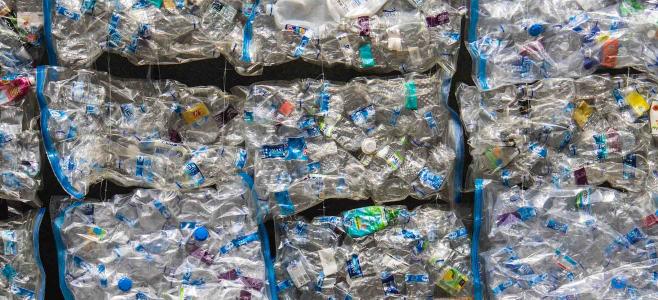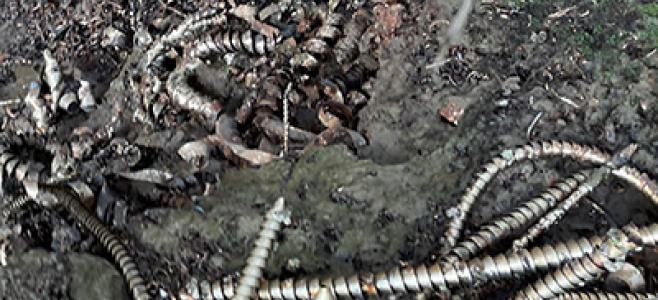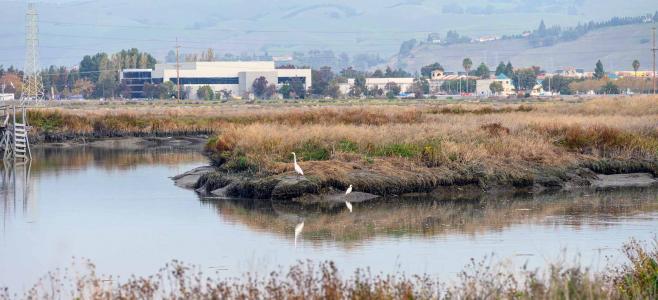Note: The comment period for this Action Alert is closed. Thank you to everyone who sent a message!
There are more than 1,300 industrial facilities in the Bay Area, and Baykeeper’s analysis of recent data shows that ninety-five percent are contaminating San Francisco Bay or its tributaries with toxic rainy-season runoff. Now, we have an important opportunity to win tighter regulatory controls on these industrial polluters. For the first time in 15 years, the California Water Resources Control Board is revising pollution limits on industrial runoff through the update of the Statewide Industrial Stormwater Permit.
Please take action to rein in toxic industrial runoff pollution into San Francisco Bay and waterways statewide.
Your action is important, because the Board is hearing a lot more from industry voices than from supporters of healthy waterways. Baykeeper and our partners have worked for two years to strengthen these regulations. But now industry representatives are pushing for changes that would weaken controls on industrial storm water pollution, and the Board may cave to industry pressure.
The federal Clean Water Act provides a clear mandate for the State Water Board to create strict limits on industrial runoff pollution. Yet the current version of the permit will significantly weaken protections for the Bay and other waterways.
Baykeeper—along with our fellow California Waterkeepers and partners across the state—is urging the Water Board to instead strengthen the permit and take out the loopholes that allow industrial facilities to avoid pollution cleanup. Every rainy season, industrial facilities like scrap metal yards, boat and ship yards, trucking terminals, landfills, refineries, mines, and semiconductor manufacturers discharge toxic runoff that contaminates creeks, sloughs, and the Bay. Industrial runoff typically contains high concentrations of pollutants such as heavy metals and petroleum hydrocarbons.
These contaminants place a heavy burden on the Bay’s fish and other animals. For example, salmon exposed to copper pollution lose their senses of smell and their ability to find their spawning streams or evade predators. Nickel is lethal to birds.
Improving the Statewide Industrial Stormwater Permit is a critical way of reining in this pollution. Baykeeper and our partners are advocating for the Board to establish a definitive list of pollutants that industrial facilities must control, with specific, science-based limits on the amount of each pollutant a facility may allow to flow into the Bay and its tributaries.
To aid regulators in developing explicit pollution limits, Baykeeper’s staff scientist has analyzed five years of runoff pollution data from over 4,000 California industrial facilities. We’re using this analysis to propose precise limits for every harmful pollutant in industrial runoff.
Baykeeper is also urging the Water Board to adopt scientifically-sound standards for how industrial facilities collect data on the pollutants washing off their facilities.
Please help us take advantage of this critical opportunity to help reduce industrial pollution in our waterways.
Advocacy for better regulatory control of industrial pollution is a key part of Baykeeper’s Bay-Safe Industry campaign. The campaign also includes outreach and education to clean up industrial storm water pollution and legal action against industrial storm water polluters.


